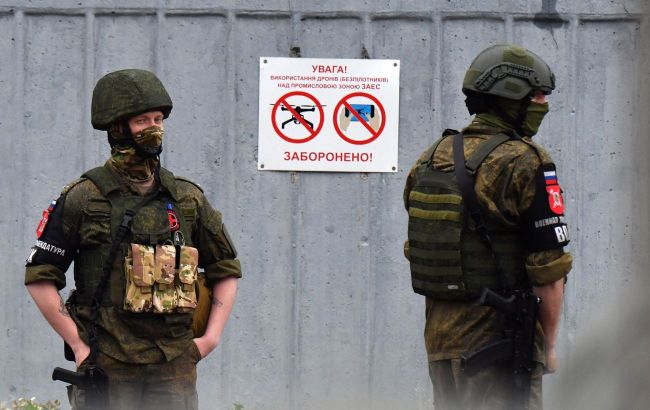Radiation monitoring station destroyed near Zaporizhzhia NPP: Will it affect safety?
 Zaporizhzhia NPP (Getty Images)
Zaporizhzhia NPP (Getty Images)
This week, an external radiation monitoring station was destroyed due to shelling and fire. It is located near the Zaporizhzhia Nuclear Power Plant (ZNPP), according to IAEA Director General Rafael Grossi.
"The ZNPP informed the team of IAEA experts at the site that it lost the connection to this monitoring station – located around 16 kilometers south-west of the plant – on Monday afternoon. Due to the security situation, the team was unable to access the location to confirm the damage," the IAEA said.
Since early 2022, several radiation monitoring stations within the 30-kilometer zone around the ZNPP have been non-operational at various times due to damage caused by shelling.
"Four stations, more than a quarter of the pre-conflict total of 14, are currently unavailable," the agency wrote.
Importance of monitoring station
The operation of external radiation monitoring equipment is a crucial part of nuclear safety worldwide.
"These systems are important for continuously monitoring radiation levels and, in the case of an emergency, for quickly assessing the ongoing and potential radiological impact and what protective actions may need to be taken," the IAEA Director General Grossi said.
Impact on ZNPP safety
Grossi added that the loss of one radiation monitoring station does not directly impact the safety of the ZNPP.
"But it forms part of a continuous erosion of a range of safety measures during the war that remains a deep source of concern," he said.
Situation at ZNPP
The Zaporizhzhia Nuclear Power Plant is located in Enerhodar, Zaporizhzhia region. The city, along with the ZNPP, was occupied in 2022 during the large-scale invasion of Ukraine by Russia.
Since then, the occupiers have neglected safety measures at the plant, stored equipment there, and kept personnel on site. Due to such activities by the invaders, the ZNPP has been repeatedly disconnected from Ukraine's power system.
Additionally, a serious threat to the plant's operation arose after Russian forces blew up the Kakhovka Hydroelectric Power Plant on June 6, 2023.

